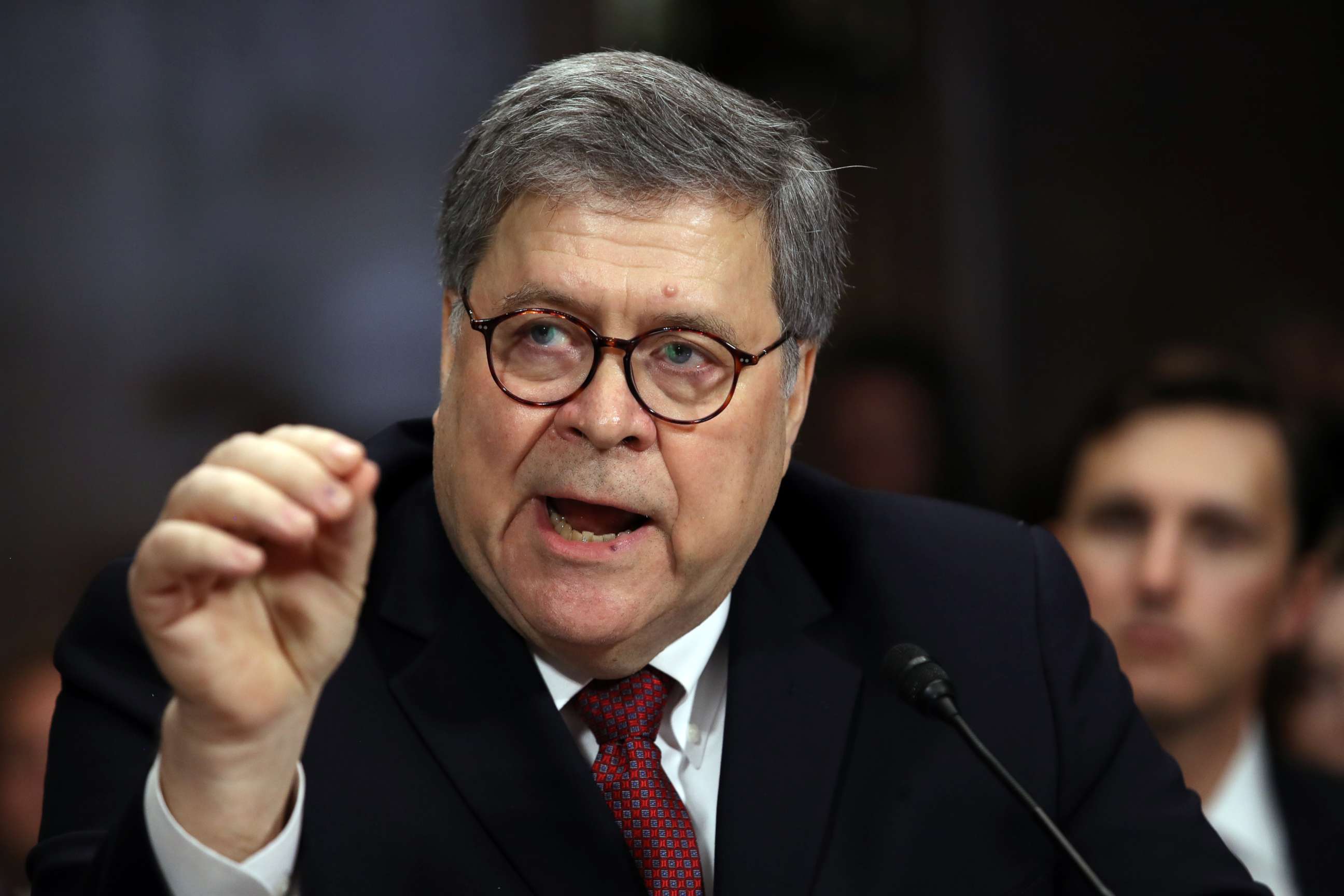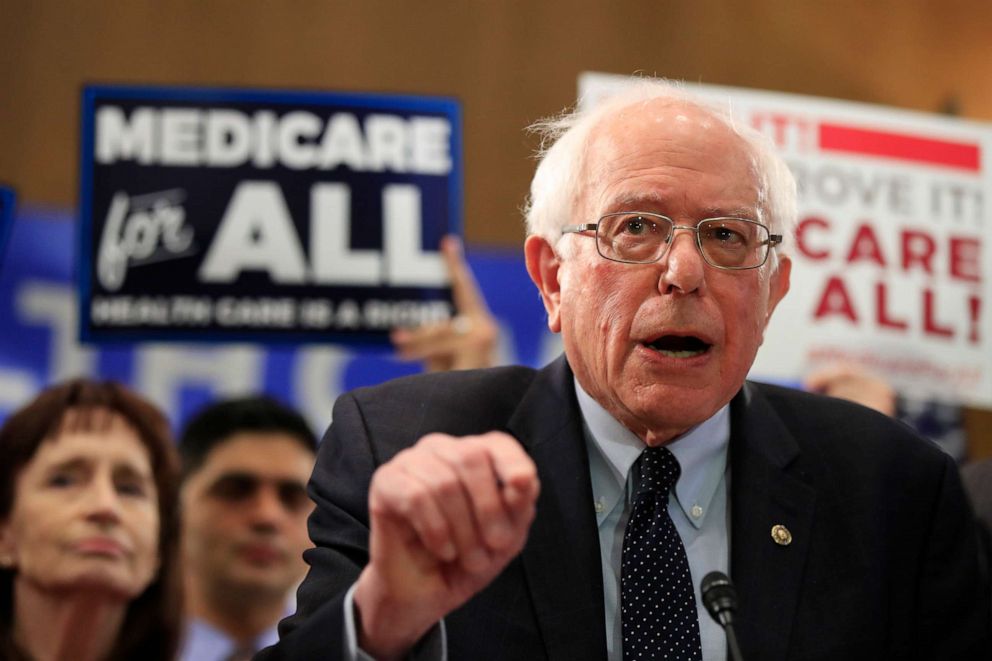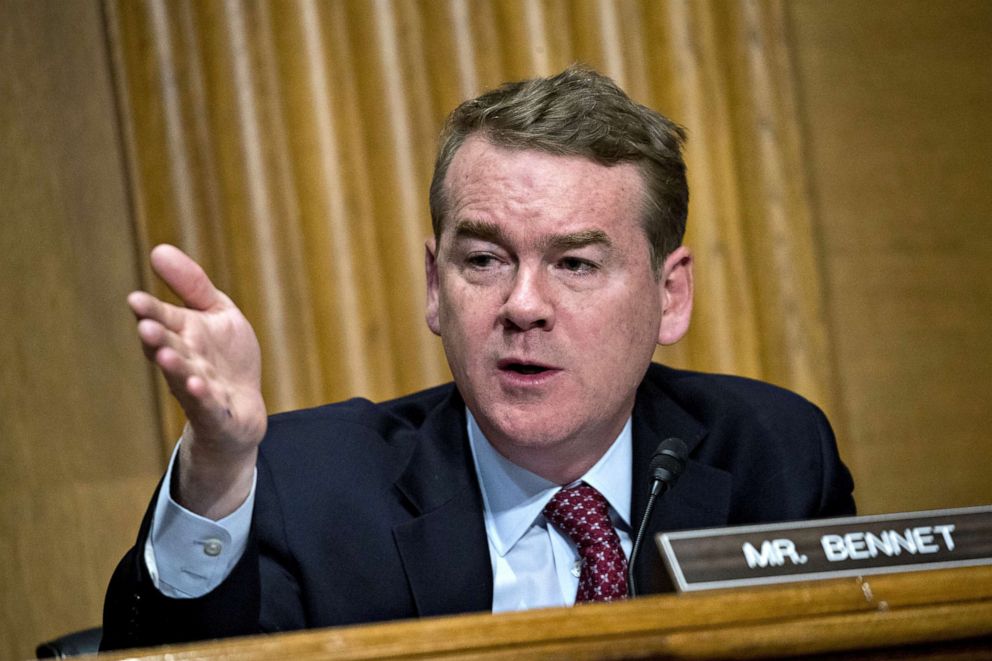The Note: Barr foists impeachment talk back onto Democrats' table
Congressional Democrats are outraged and offended. Republicans do not care.
The TAKE with Rick Klein
Congressional Democrats are outraged and offended. Republicans do not care.
The collisions highlighted by Attorney General William Barr's explosive day on Capitol Hill have long-lasting consequences. Reverberations will be felt Thursday -- even if Barr doesn't appear before the House Judiciary Committee, which will still hold its hearing -- and will extend beyond even that time if and when Robert Mueller gets his appointed day.

The daylight between Barr and Mueller -- and between Barr's previous statements and what's now on the public record regarding the Mueller report -- have multiple 2020 Democratic contenders calling for Barr's resignation.
So long as Barr runs the Justice Department, the White House's confrontational stance toward oversight means more big clashes are ahead. Those roads converge on talk of impeachment, whether or not the politics catches up with the conversations.
Recall that former Vice President Joe Biden, shortly after entering the race, took what sounds like a measured position on the topic -- unless or until it doesn't.
"What the Congress should do, and they are doing, is investigate," Biden told ABC News. "If in fact they block the investigation, then you have no alternative but to go to the only other constitutional resort they have, which is impeachment."
The RUNDOWN with MaryAlice Parks
The Senate is expected to vote Thursday on the issue of overriding the president's recent veto on a resolution that called for the U.S. to end its involvement with Saudi Arabia's efforts in the war in Yemen.

Sen. Bernie Sanders led the charge on that original bill, and he recently told voters during a CNN town hall that he needed to spend more time engaged on foreign policy than he has in the past.
While the override vote will likely fail -- to override a veto, the Senate would need a two-thirds majority -- the vote is a reminder that the Senate first passed, on a bipartisan basis, a resolution aimed directly at limiting the president's power and reversing his course.
At its core, both chambers of Congress agreed that President Donald Trump had gone too far down a war path without asking permission or reaching a consensus with lawmakers.
On Wednesday, Biden said he agreed with Sanders on this, and again, so do some Republicans. Seven Republicans signed on to the bipartisan resolution that passed in the Senate with a 54-46 vote.
The TIP with John Verhovek
When the Democratic National Committee announced it would be capping the number of candidates eligible for the party's presidential primary debates at 20, it was hard to imagine the field would truly swell to such an unprecedented number.

But Thursday morning could bring the 21st Democratic candidate into the race. Colorado Sen. Michael Bennet, D-Colo., said last month that despite being diagnosed with prostate cancer, he would still mount a bid if given a clean bill of health, a prognosis he has received.
Bennet has represented Colorado in the Senate since 2009 and garnered praise from former President Barack Obama as a future party leader to watch. If he does declare a presidential bid, he would push the field past the Democrats' 20-candidate threshold and ensure that the competition to earn a spot on the debate stage becomes even fiercer.
THE PLAYLIST


